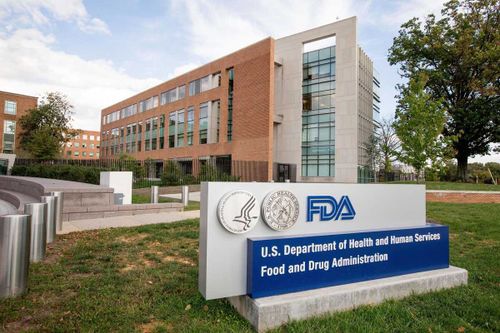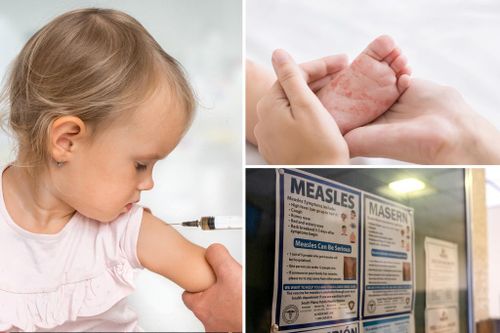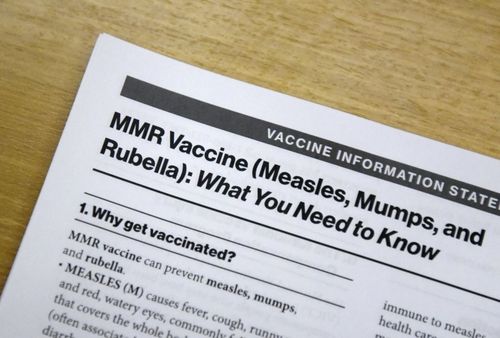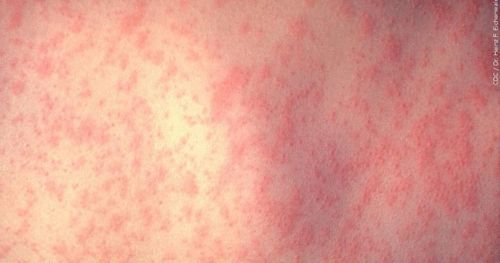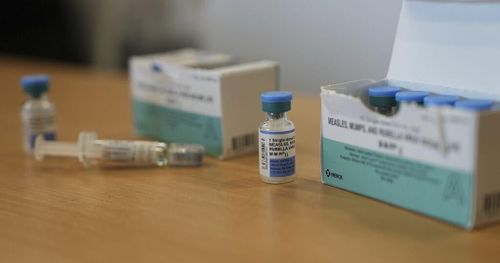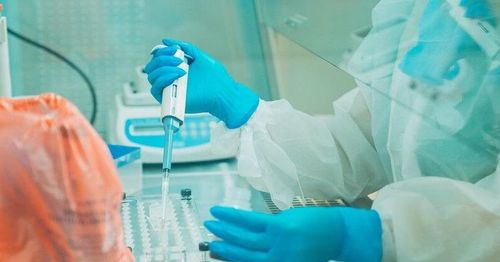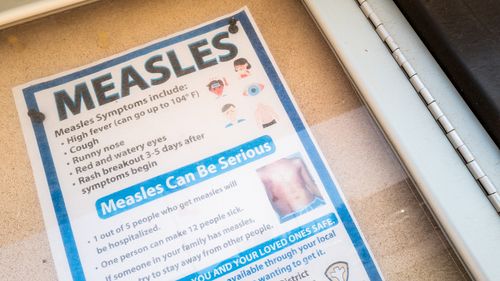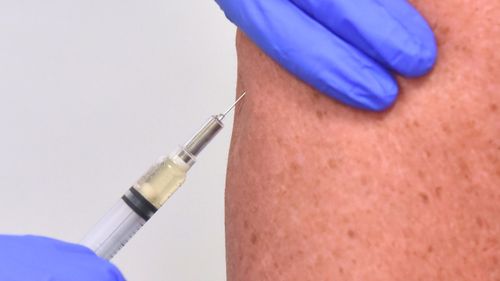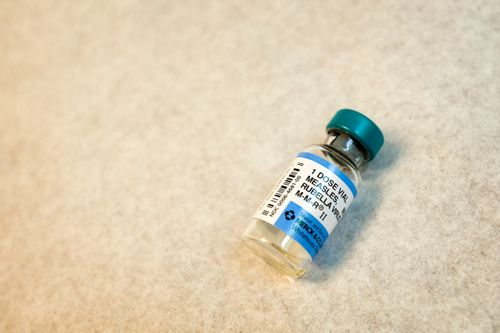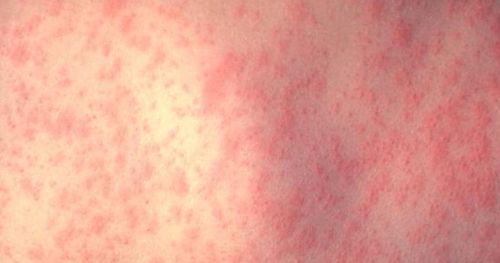Childhood Toxin Pinpointed as Potential Cause of Increases in Colon Cancer Diagnoses Among Young Adults
Articles
Summary
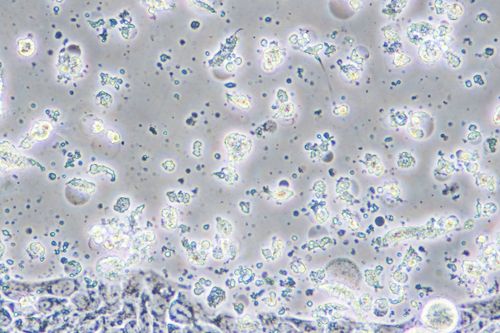
Bowel cancer in young people is on the rise. Childhood toxin exposure could be the cause
The study also found that colibactin-related mutations account for around 15% of what are known as APC driver mutations – some of the earliest genetic alterations that directly promote cancer development – in bowel cancer.
Left
Yahoo News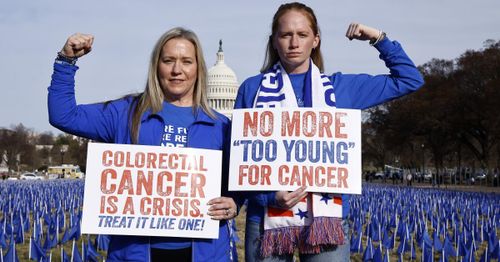
New study finds rise in colon cancer among young adults could be tied to exposure to gut toxin
Experts published a new study on Wednesday that found a rise in colorectal cancer in young adults could be linked to an increased exposure to a gut toxin that has been tied to the disease for decades.
Middle
Just The News
I'm one of the healthiest people in the world…but I have colon cancer
The latest evidence, published earlier this week, suggests childhood exposure as young as 10 years old to a toxin released by E. coli bacteria could increase the risk of colon cancer by triggering inflammation and altering the balance of the gut microbiome.
Right
Daily Mail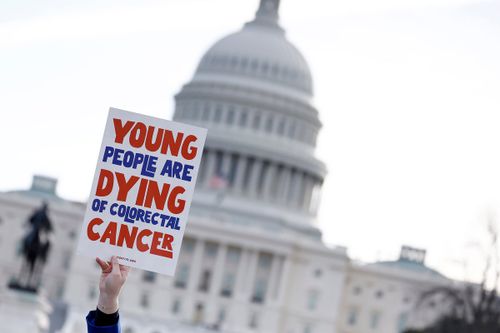
Gut toxins and 50,000 deaths: The truth behind the rise in colon cancer and the signs to look for
Colorectal cancer is the second leading cause of all cancer-related deaths in the U.S. Last year saw a slight increase in deaths, with just over 53,000 reported. The mortality rate has also increased by about 1 percentage point each year since the mid-2000s. A new study has identified a potential link between a toxin in the gut and the sharp rise of colon cancer.
Left
Yahoo!
Bombshell as scientists pinpoint cause of colon cancer in young people
Colorectal (bowel) cancer is increasingly striking people in their 20s, 30s and 40s in the US and UK. E. coli, a foodborne bacteria that infects around 75,000-90,000 Americans each year and around 1,500 Britons, may be to blame.
Right
Daily MailHEALTH
RFK Jr. Plans to Remove Commonly Used Artificial Dyes From Food Supply by 2026
Updated: 2 days ago
Articles
Summary
HEALTH
Louisiana, Missouri, and Virginia Become the Latest States to Confirm Measles Cases
Updated: 3 days ago
Articles
Summary
Articles
Summary
HEALTH
Health Officials Report Measles Outbreak in Michigan, Bringing Number of Confirmed Cases to 7
Updated: 6 days ago
Articles
Summary







